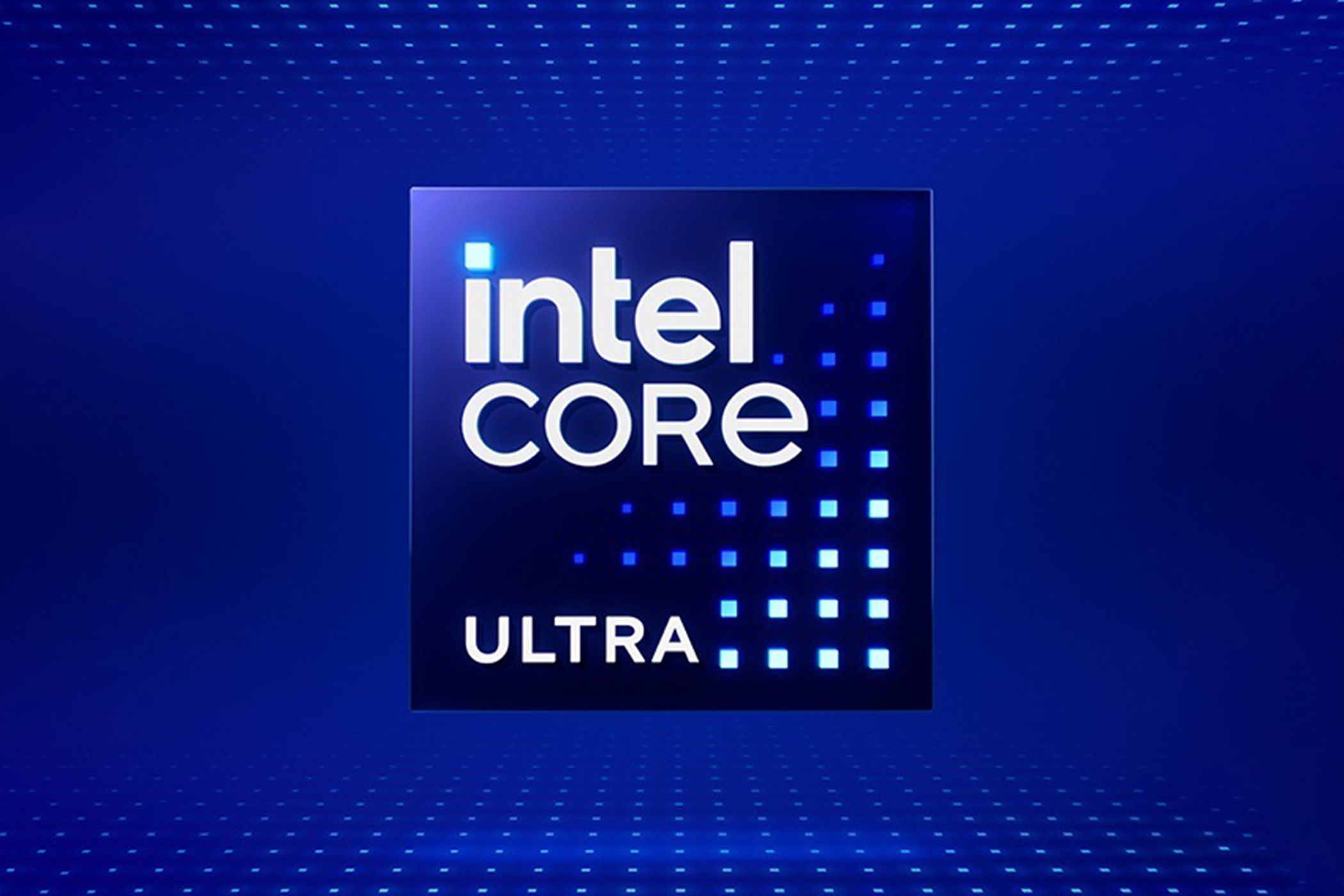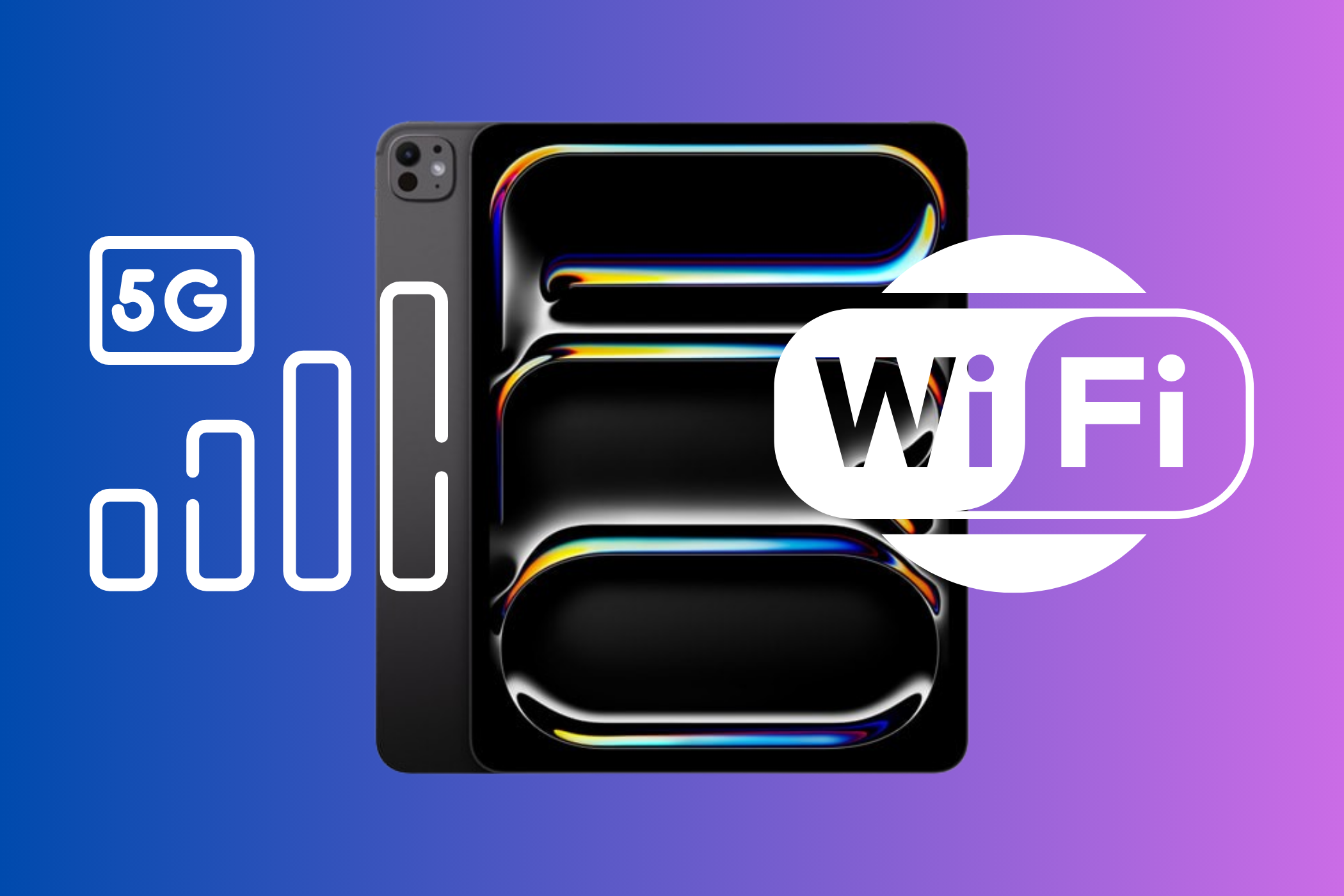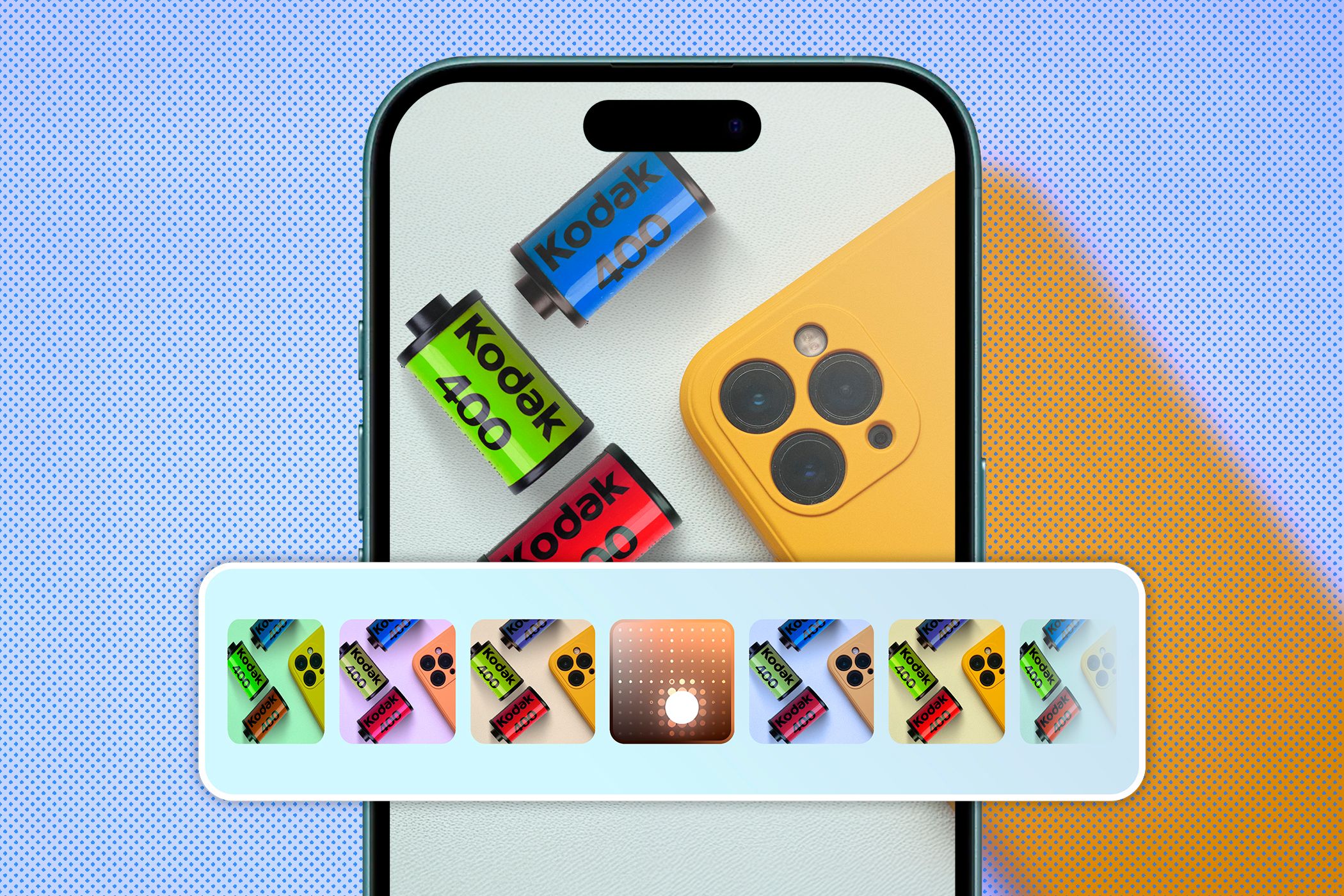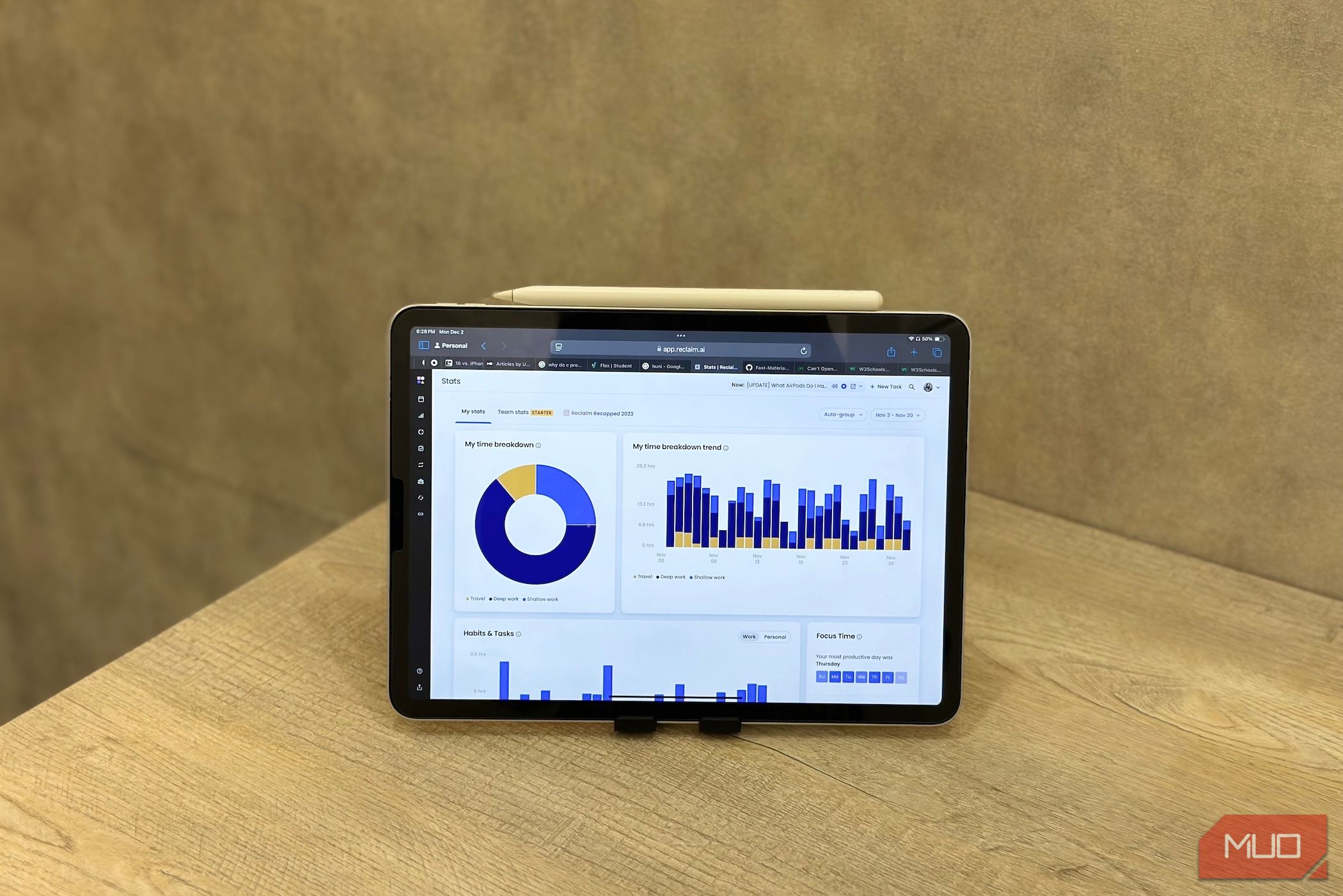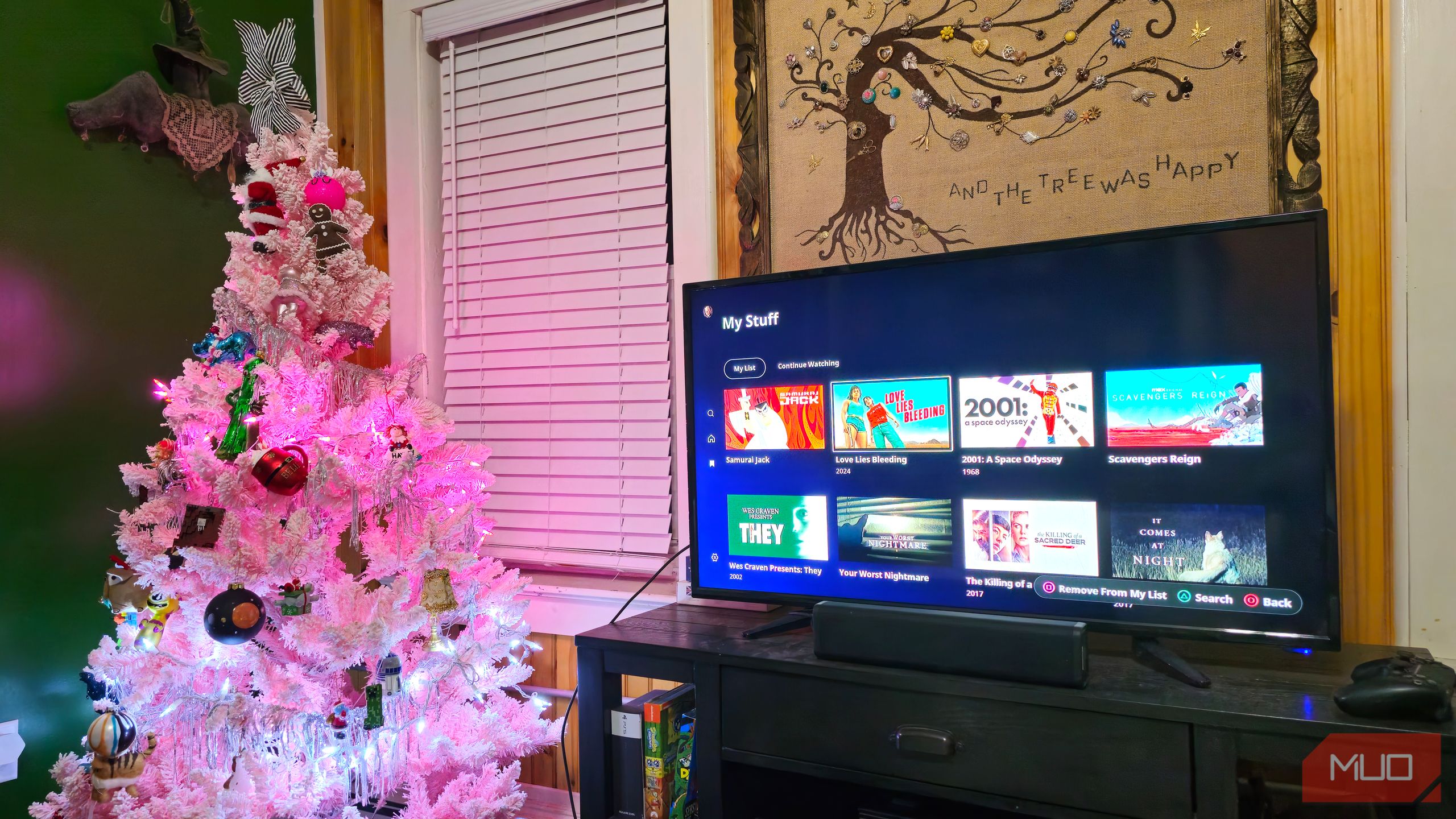Nvidia deprecated the GeForce Experience app in favor of the Nvidia App last November 2024. However, reviewers discovered that it slows down your GPU by as much as 15%.
Turn Off the Game Filters and Photo Mode Toggle to Get Your FPS Back
Testing by Tom’s Hardware revealed that the filter overlay on the Nvidia App takes away so much performance that you’re basically getting the FPS of a lower GPU tier when this feature is turned on, even if you did not apply any filter. While GeForce Experience also had game filters, it doesn’t affect your graphics card’s performance if you did not choose a filter.
Thankfully, Nvidia’s team is aware of the issue and is taking steps to rectify it. In the meantime, the company told Tom’s Hardware that users should turn off Game Filters to avoid it impacting your PC’s performance. To do so, go to Nvidia App Settings > Features > Overlay > Game Filters and Photo Mode and ensure that its toggle is switched to off. After you’ve done so, relaunch your game and you should get the same FPS numbers as you’ve previously had before installing the Nvidia app on your computer.
This is quite an easy fix, as finding the toggle is much simpler than rolling back to an older driver version and going back to the legacy GeForce app. However, if you still haven’t updated from GeForce Experience to the new Nvidia App, don’t let this issue stop you from doing so.
The new Nvidia App improves your experience by incorporating everything you need in a single application. The company even plans to discontinue the ancient Nvidia Control Panel in the future, but some features are still unavailable on the new app so you shouldn’t uninstall it yet. But if you find that your GPU’s settings page is missing right now, here’s how you can fix the missing Nvidia Control Panel on your Windows PC.
Even if the Nvidia app has also gone through considerable beta testing, the company is still getting a few hiccups here and there. It’s a good thing that this isn’t a major issue, unlike Intel’s CPU crashing problems with the 13th- and 14th-generation Intel Core processors the company suffered from in 2024.


